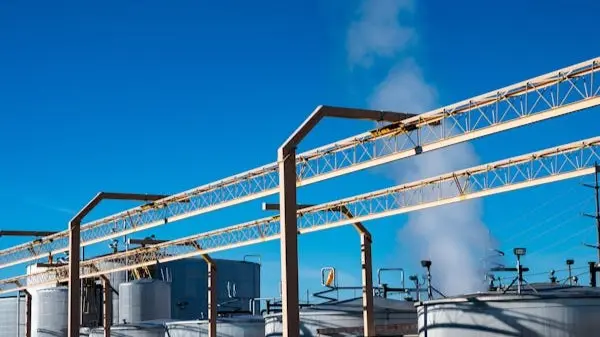Updated 21 March 2025 at 15:51 IST
India's $23 Billion PLI Scheme To Lapse? All You Need To Know
Despite PLI’s shortcomings, the government remains committed to boosting manufacturing.
- Republic Business
- 2 min read

The Indian government has decided to discontinue the $23 billion Production-Linked Incentive (PLI) scheme, launched to boost domestic manufacturing and reduce dependence on China, reported Reuters. The program will not be expanded beyond the initial 14 sectors, nor will production deadlines be extended, despite requests from participating firms.
Around 750 companies, including Apple supplier Foxconn and Reliance Industries, signed up for the scheme, which promised cash incentives for meeting production goals. However, many failed to start production, while others faced delays in subsidy payments. By October 2024, firms had achieved only 37% of the set target, with just $1.73 billion—less than 8% of allocated funds—disbursed.
Manufacturing’s Decline Despite Push
The PLI scheme aimed to raise manufacturing’s share in India’s economy to 25% by 2025, but it has instead declined from 15.4% to 14.3%. The government has not commented on the decision, and major beneficiaries like Foxconn and Reliance have remained silent.
Success in Some Sectors, Struggles in Others
While sectors like pharmaceuticals and mobile phones saw significant growth—receiving 94% of the incentives issued between April and October 2024—others, such as food processing, failed to meet investment and growth criteria, missing out on subsidies.
New Incentive Model in the Works
Despite PLI’s shortcomings, the government remains committed to boosting manufacturing. Officials are now considering a new model that would reimburse companies for plant setup costs, allowing them to recover investments faster instead of waiting for production-based incentives.
Advertisement
Published By : Musharrat Shahin
Published On: 21 March 2025 at 15:51 IST
